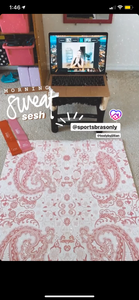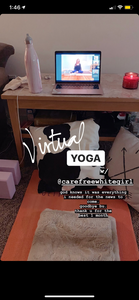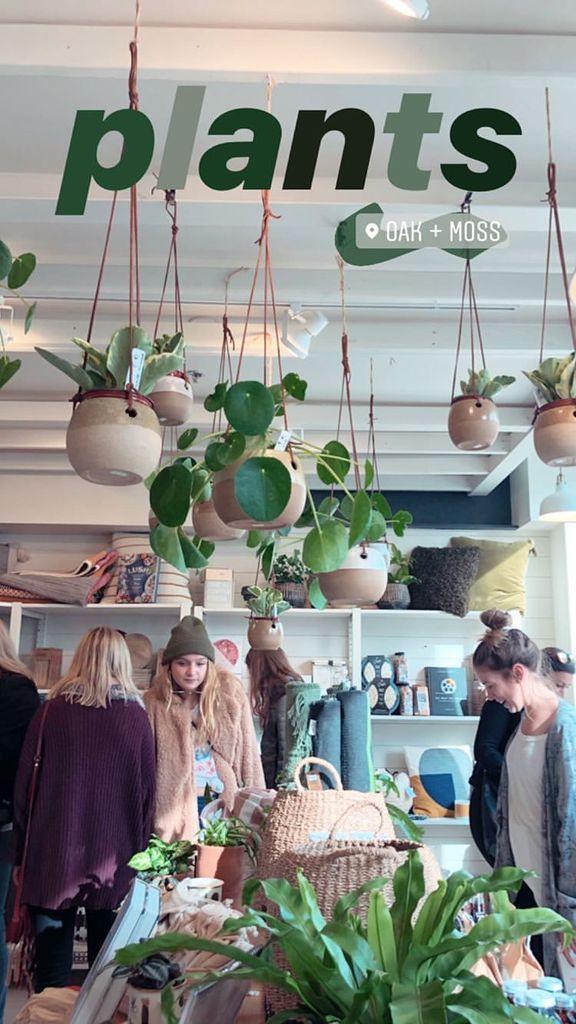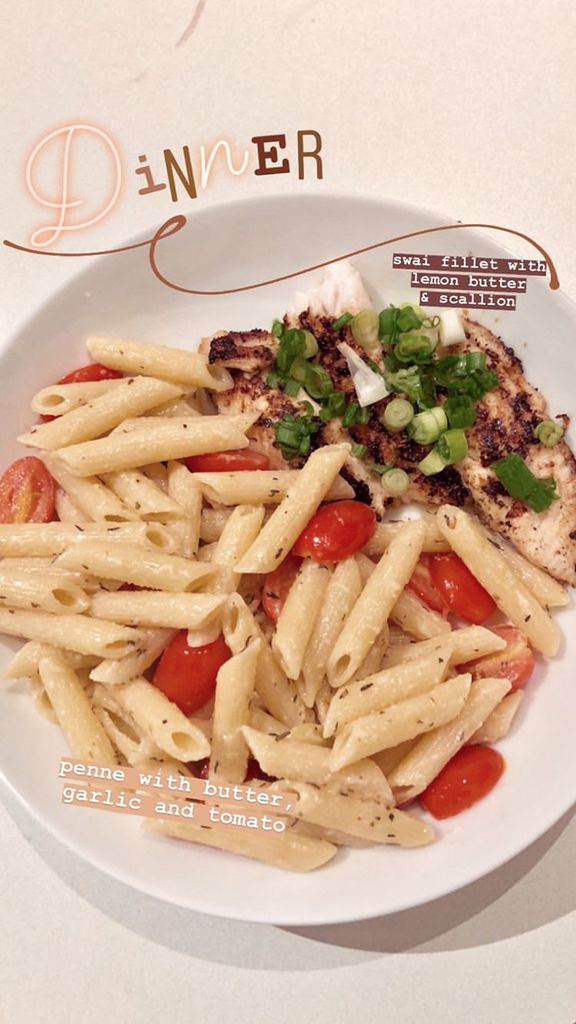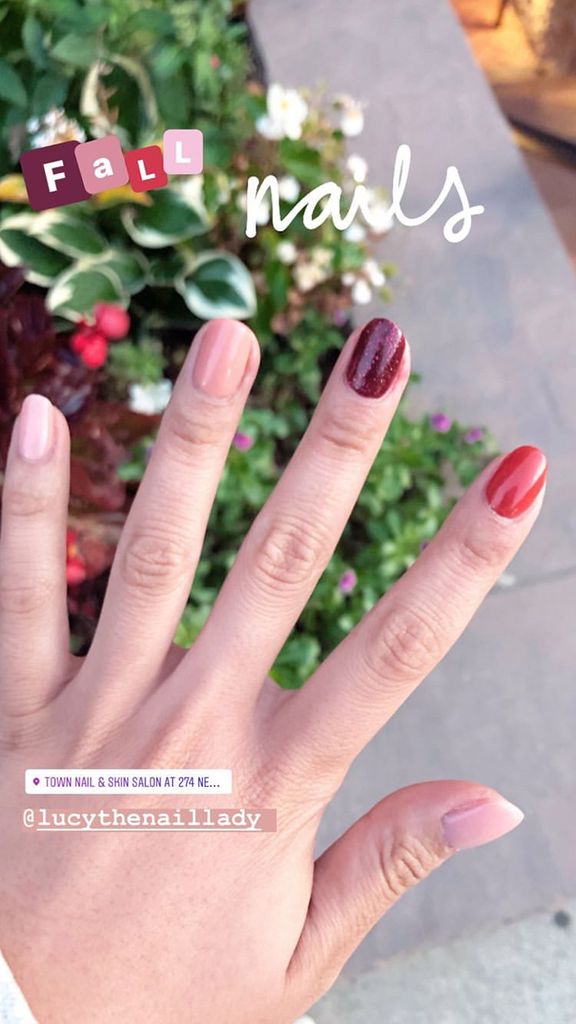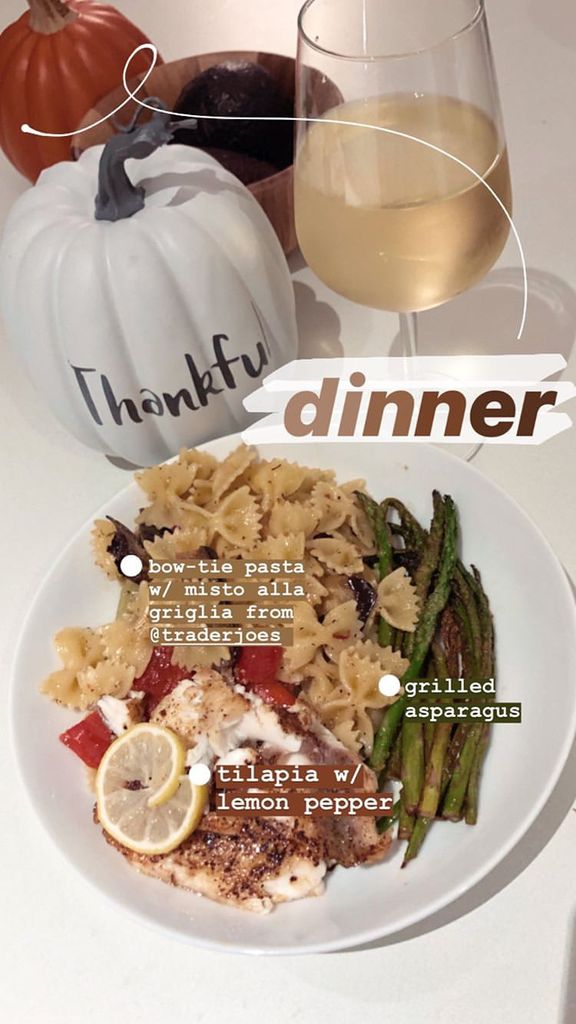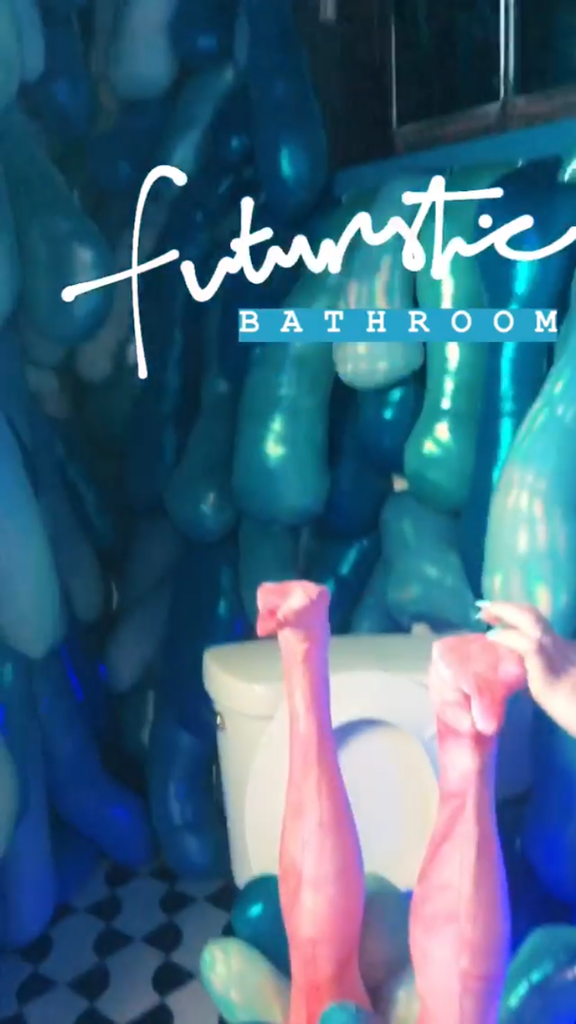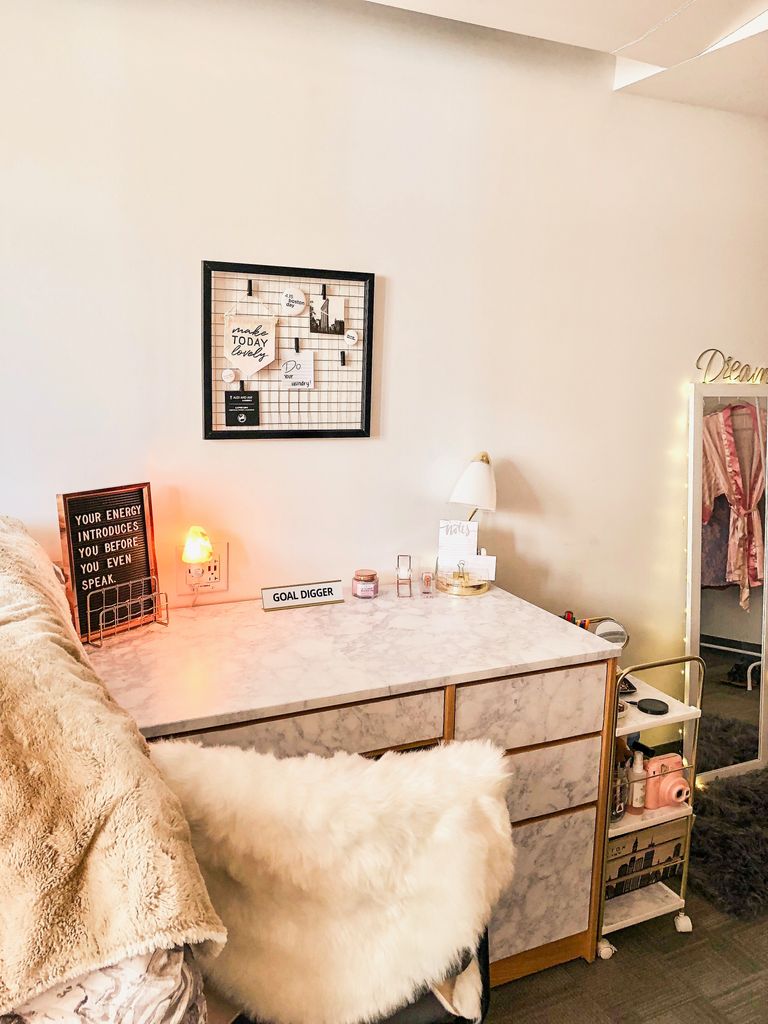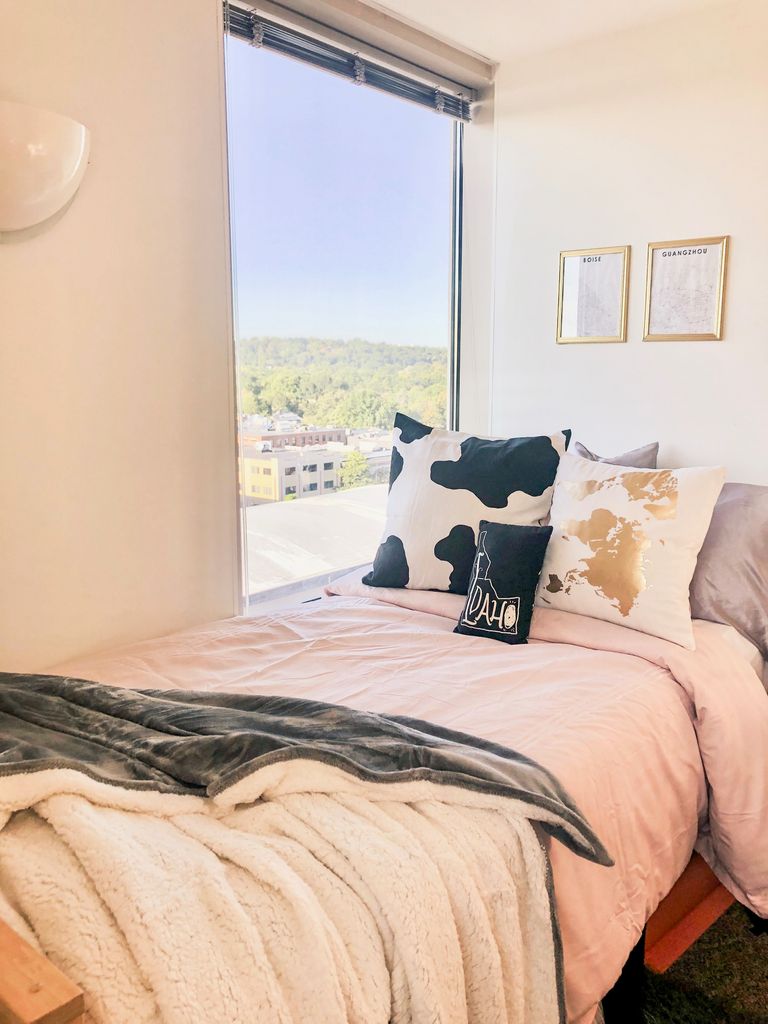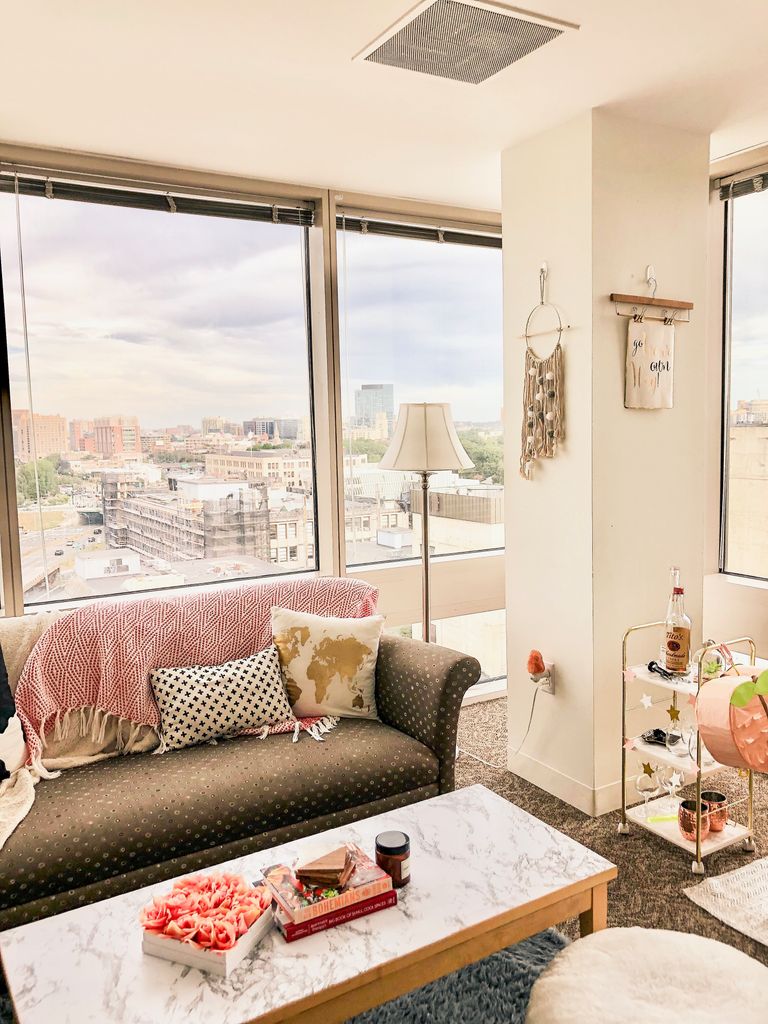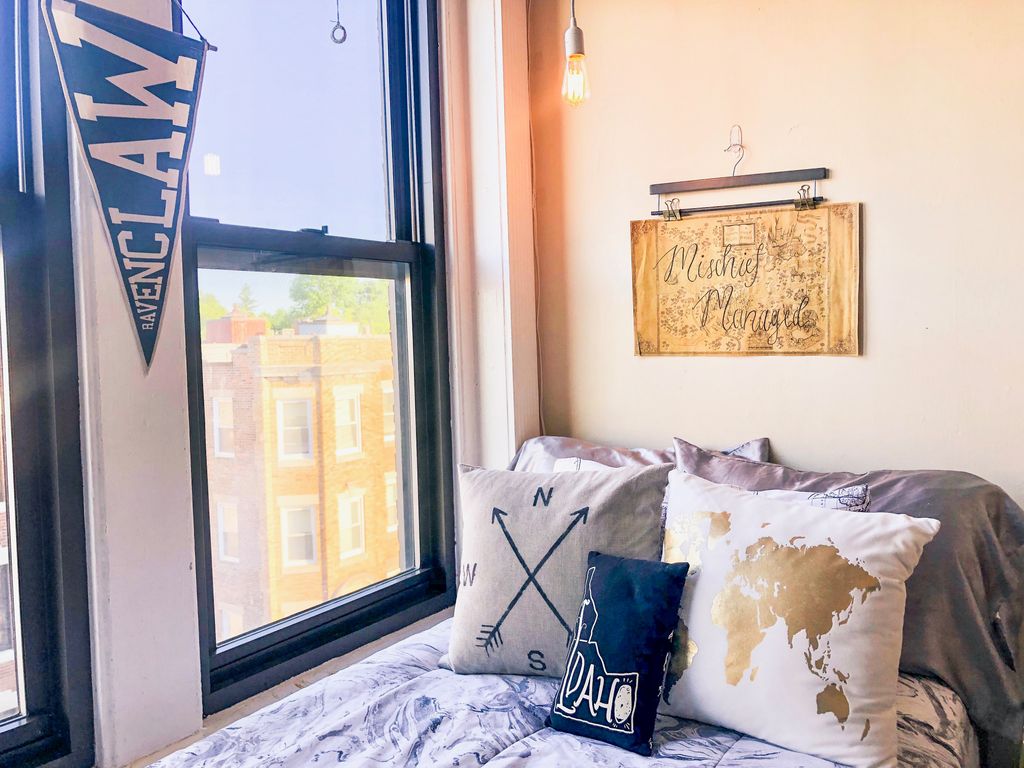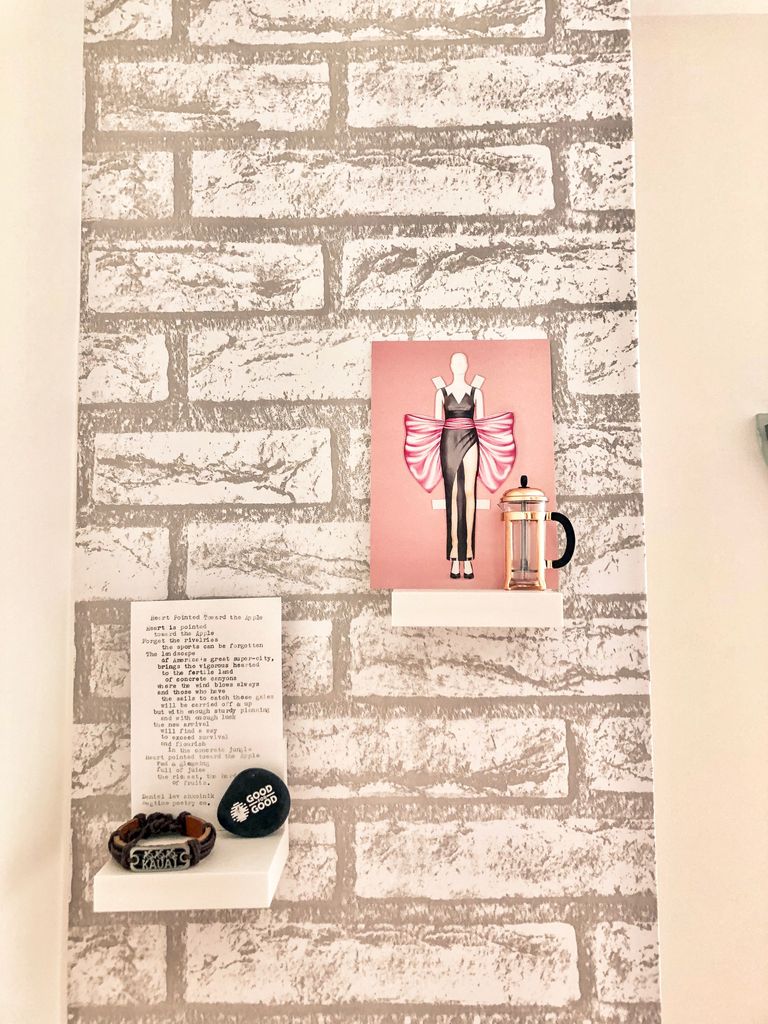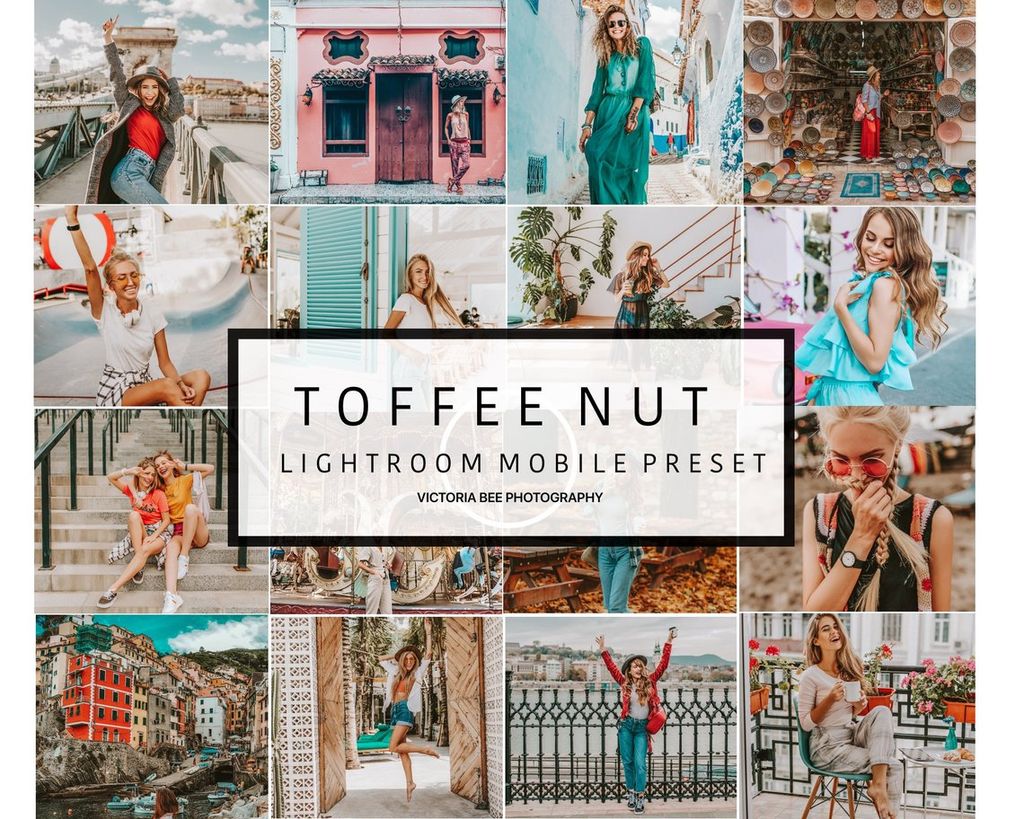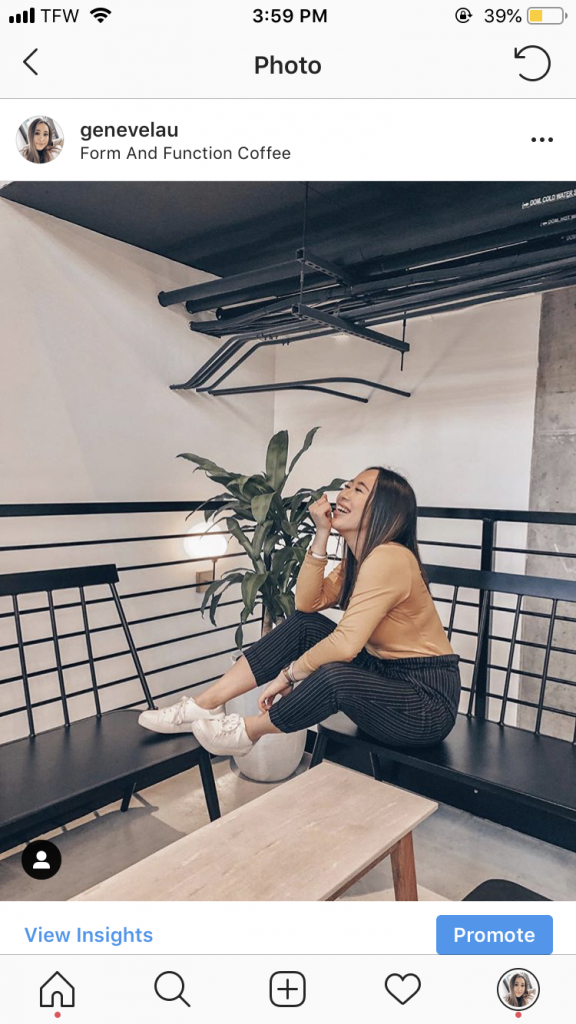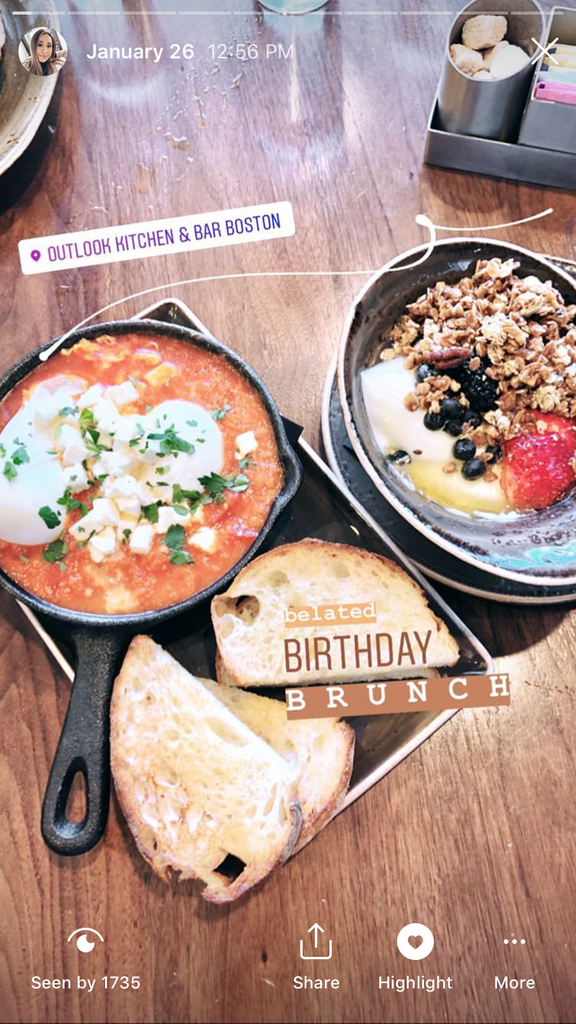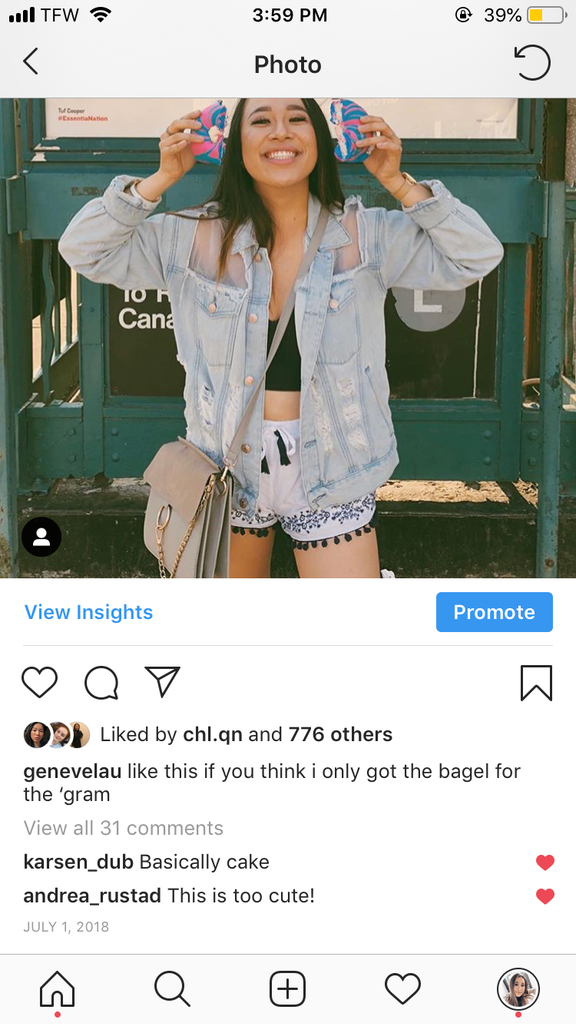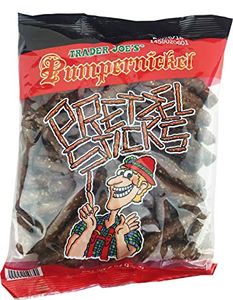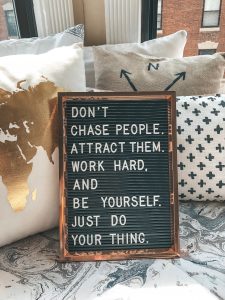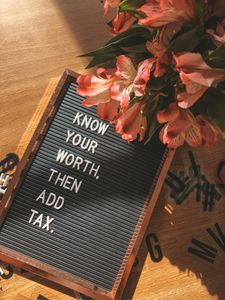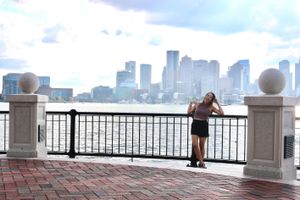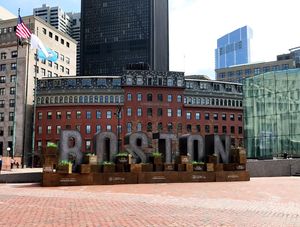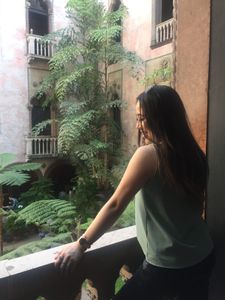Mind Your Ps and Qs
We’ve all been there. Balancing classes and midterms starting, but also having the thought of summer internships looming ahead on the horizon. I am here for you. This blog post is meant to help you. Grab a cup of coffee, let’s get started!
As a second semester senior, I have learned so much over the years from just sheer experience. And now, looking back with some of the knowledge I have gained, there are so many things I would have done differently (or wish I did at all)! Most importantly, you should be super proud of yourself for even landing an interview, and remember, even if you are rejected, the experience of getting to the interview and making those connections will definitely make a difference in your future career. Believe me!
- Thank you notes might make it or break it for you. When I was first doing interviews for internships, I didn’t realize that thank you notes were as important as they are. Sometimes for bigger companies, you are actually emailing with a talent acquisition associate and not the people interviewing you directly, so I didn’t know how to obtain their email addresses to send a thank you. BIG MISTAKE. You should always aim to send a thank you note no later than the day after your interview, preferably the same day. If you don’t have the email address of the interviewer(s), ask the talent acquisition associate you are communicating with–you can just say you want to say thank you for their time and I’ve never had them not give me the addresses. You want to make sure your thank you note is unique for each person that you’re sending it to. DO NOT SEND THE SAME GENERIC THANK YOU NOTE TO ALL OF YOUR INTERVIEWERS. Their sole job is to interview you and talk about you, so it is very likely they will compare your emails with one another. That being said, you can most certainly use the same template message and add things. I usually like to bring up a few points that we talked about, which can be anything from how they got started at the company, to the work they’re currently doing that is interesting to you. One time a person interviewing me also turned out to be a morning person, and I sent a picture of the sunrise from my window along with the thank you note. Try to make your email as genuine as possible, thank them for their time, but also make it known that you valued the conversation that you had with them. Generally speaking, if they write back to the thank you note or if I think we had an especially great conversation, I’ll follow up and connect with them on LinkedIn, usually with a message along the lines of “It was so great getting to talk with you today. I hope we can stay connected here!” And 9 times out of 10, they are going to accept your request.
- Network before the interview. Trust me, it might seem like a bad idea, but you just have to tread lightly. I always suggest seeing if there are alumni at the company that you’re applying for, as Terriers will always help fellow Terriers. On LinkedIn, you can easily see the alumni from BU and see if they’re working in either the same office you’re applying to or the same practice (i.e. Design). When you send them a request to connect, write a message along the lines of “I noticed you went to BU, and I’m currently there! I’d love to talk about your experience at [COMPANY NAME], hope we can connect! Thank you in advance.” Everybody loves talking about themselves, so more times than not, they will connect with you and be willing to chat about their work. While this obviously helps your case if you’re applying to the company to show that you’re really interested, it also helps your vetting process in figuring out whether or not you would really enjoy working there!
- Don’t be afraid to ask questions. Yes, even the uncomfortable ones. You should ask about when you’re expected to hear back about a decision, and if you don’t get a reply, you shouldn’t feel weird about sending a follow up email. If you don’t end up getting the role, you should ask what made the other candidate stand out more/what you can improve on before applying to another role at the company. And lastly, ask if there are other openings that are available that you are eligible for! Because you’re already talking with the recruiter, they will likely offer to just send over your resume and you don’t need to write a separate cover letter.
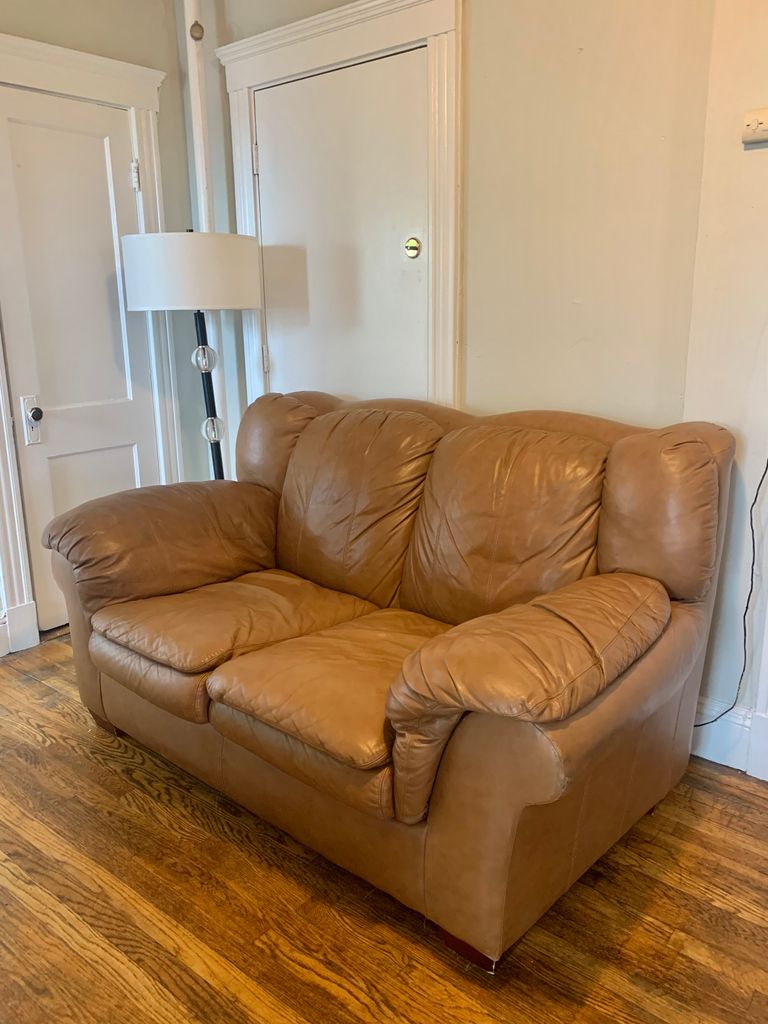
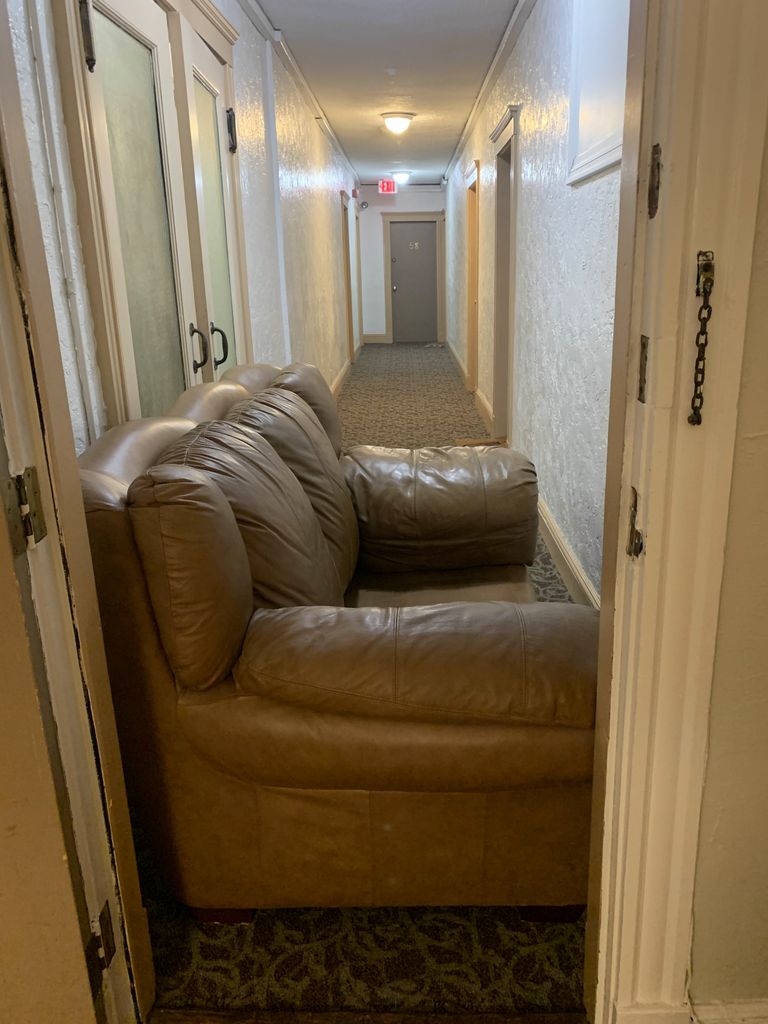
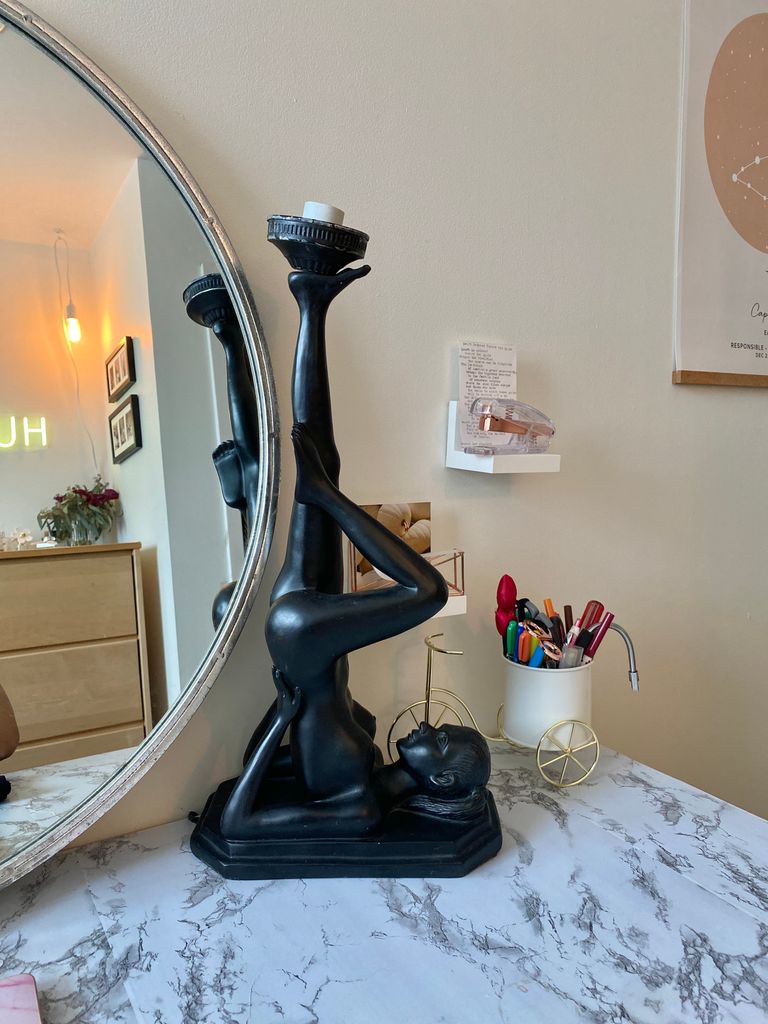
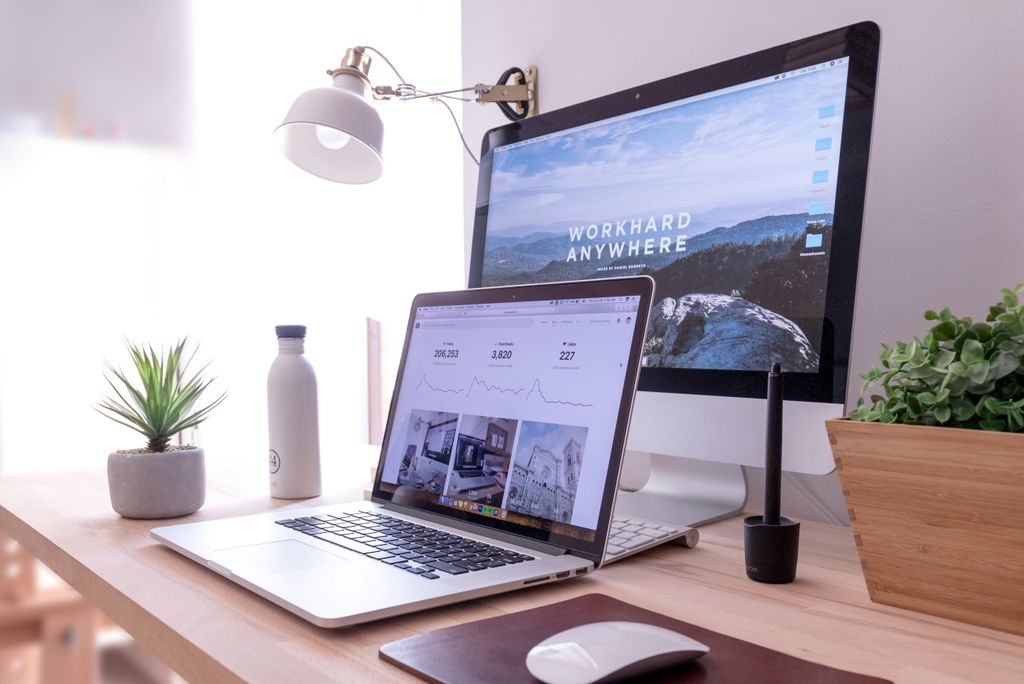 Approaching Summer 2020, COVID-19 had given me a bleak outlook for any potential internships. While I was lucky to still have an (unpaid) remote internship, I also loaded up my to-do list with side hustles and passion projects. Although there has been a lot of uncertainty in the world lately, there is no better time than now to
Approaching Summer 2020, COVID-19 had given me a bleak outlook for any potential internships. While I was lucky to still have an (unpaid) remote internship, I also loaded up my to-do list with side hustles and passion projects. Although there has been a lot of uncertainty in the world lately, there is no better time than now to 